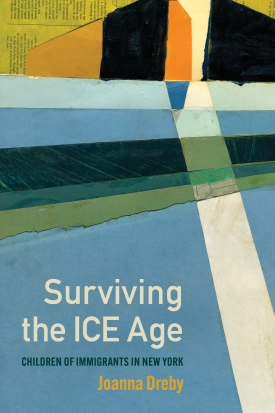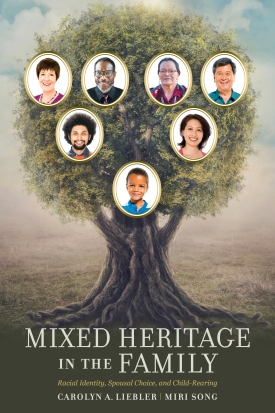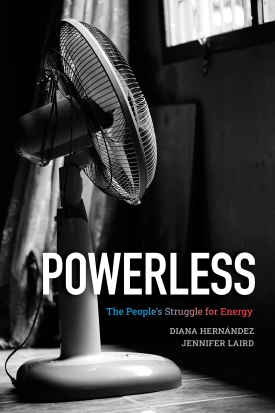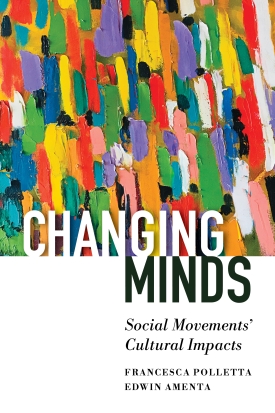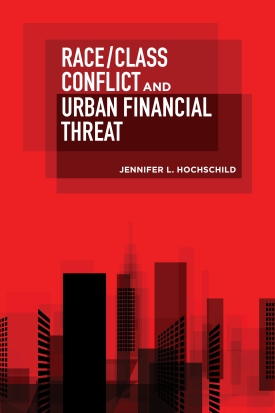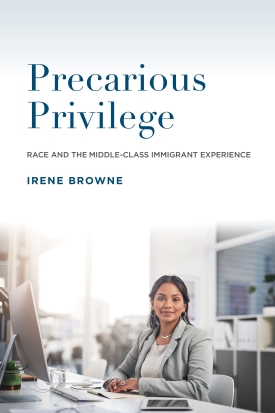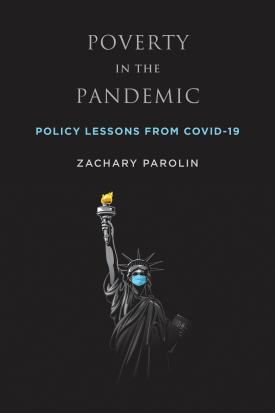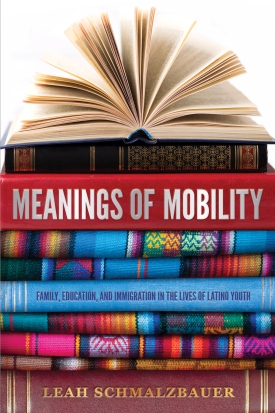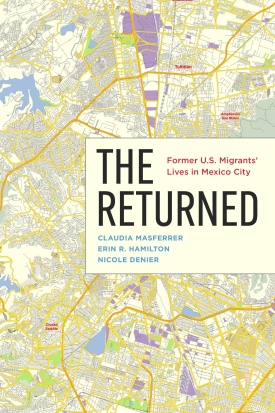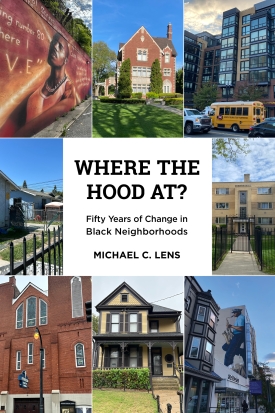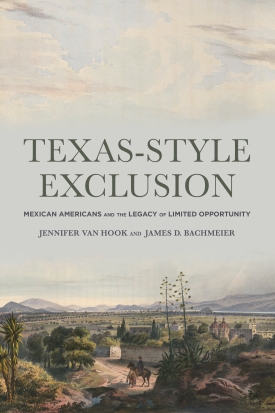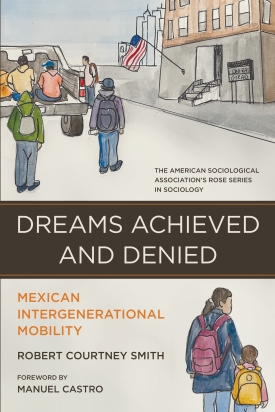
Food for Thought
About This Book
“Colleen M. Heflin and Madonna Harrington Meyer provide the most comprehensive mixed-methods analysis of food insecurity facing older adults to date. The detailed descriptive data are expertly complemented with rich contextual experiences of those seniors facing food hardship in their daily lives. The authors offer keen insights into the policy environment these vulnerable seniors must navigate and present a set of provocative recommendations to improve federal, state, and local policies. Food for Thought is a must-read for any scholar or policymaker interested in confronting the public health challenge of senior food insecurity.”
—JAMES P. ZILIAK, University of Kentucky
“Colleen M. Heflin and Madonna Harrington Meyer lift the veil on an unfolding crisis in America but one that is hidden from view. Simply put, as America ages, more and more of our fellow citizens will reach retirement age only to find that they must embark on a perilous quest just to get enough food to eat. With precision, the authors describe the myriad dimensions of the crisis and the multiple failures of both public and private strategies to address it to date. Food for Thought offers clear, tractable policy solutions to alleviate food insecurity so that more elderly Americans can live with the dignity they deserve.”
—KATHRYN J. EDIN, Princeton University
“This book combines the immense talents of two well-known scholars, one who studies aging and the other who studies food insecurity, stressing the importance of consistent access to a nutritious diet to maintain health in old age. The result is an eminently readable, understandable, and fact-filled volume about the seven million older adults in the United States who are food insecure. There are rich descriptions of how financial problems lead to competing claims on funds, with food often losing out to medicine or housing costs among older Americans. Food for Thought soberly assesses the limits to feeding programs, food-support programs, and income-support programs, concluding that many cost-effective policies could help seniors avoid having to choose between food and other needs, suggesting once again, if we just have the political will, the problem is solvable.”
—TIMOTHY M. SMEEDING, University of Wisconsin–Madison
While food insecurity among households with children often makes the headlines, a quieter issue that receives much less attention is the food insecurity faced by older adults. In 2023, over nine percent of Americans age sixty and older were food insecure. Without policy intervention, that number is only expected to grow as the U.S. population continues to age. In Food for Thought social policy scholar Colleen M. Heflin and sociologist Madonna Harrington Meyer illuminate the challenges faced by food-insecure older adults.
Through analysis of national data sets and interviews with lower-income older adults, Heflin and Harrington Meyer describe why many older adults do not have enough money to afford food and other essentials. As a result of chronic economic disadvantage, food insecure older adults are often forced to make budget trade-offs between food and other expenses. In these trade-offs, food typically ranks below housing and energy costs and competes with other household bills, such as medical costs, transportation, and phone and internet coverage. While finances play a large role, nonfinancial factors, such as poor physical, cognitive, and mental health; lack of access to healthy food; and transportation challenges, also contribute to food insecurity in old age. In the
face of these difficulties, food insecure older adults may go hungry, skip meals, or eat unhealthy foods to help make ends meet.
While SNAP and community-based programs, such as food pantries and home-delivered meals, are intended to help address the issue of food insecurity, they are typically inadequate to address the needs of food-insecure older adults. SNAP has enrollment and maintenance procedures that are particularly difficult for older adults to navigate, pays out an insufficient amount of money to cover food costs, and varies greatly by state. Availability of community programs varies by municipality, and these programs often lack nutritious foods that are complementary to health conditions common among older adults. They also can be difficult to access due to a lack of reliable transportation, disability, or cost. Heflin and Harrington Meyer advocate for addressing all the issues that increase older adults’ risk of food insecurity, not just financial barriers. They suggest updating screening tools to include these factors, increasing SNAP benefits and income support for older adults, and implementing other policies to help combat food insecurity in older adults.
Food for Thought highlights the increasingly important issue of food insecurity in old age and lays bare the overlooked challenges faced by food-insecure older adults.

